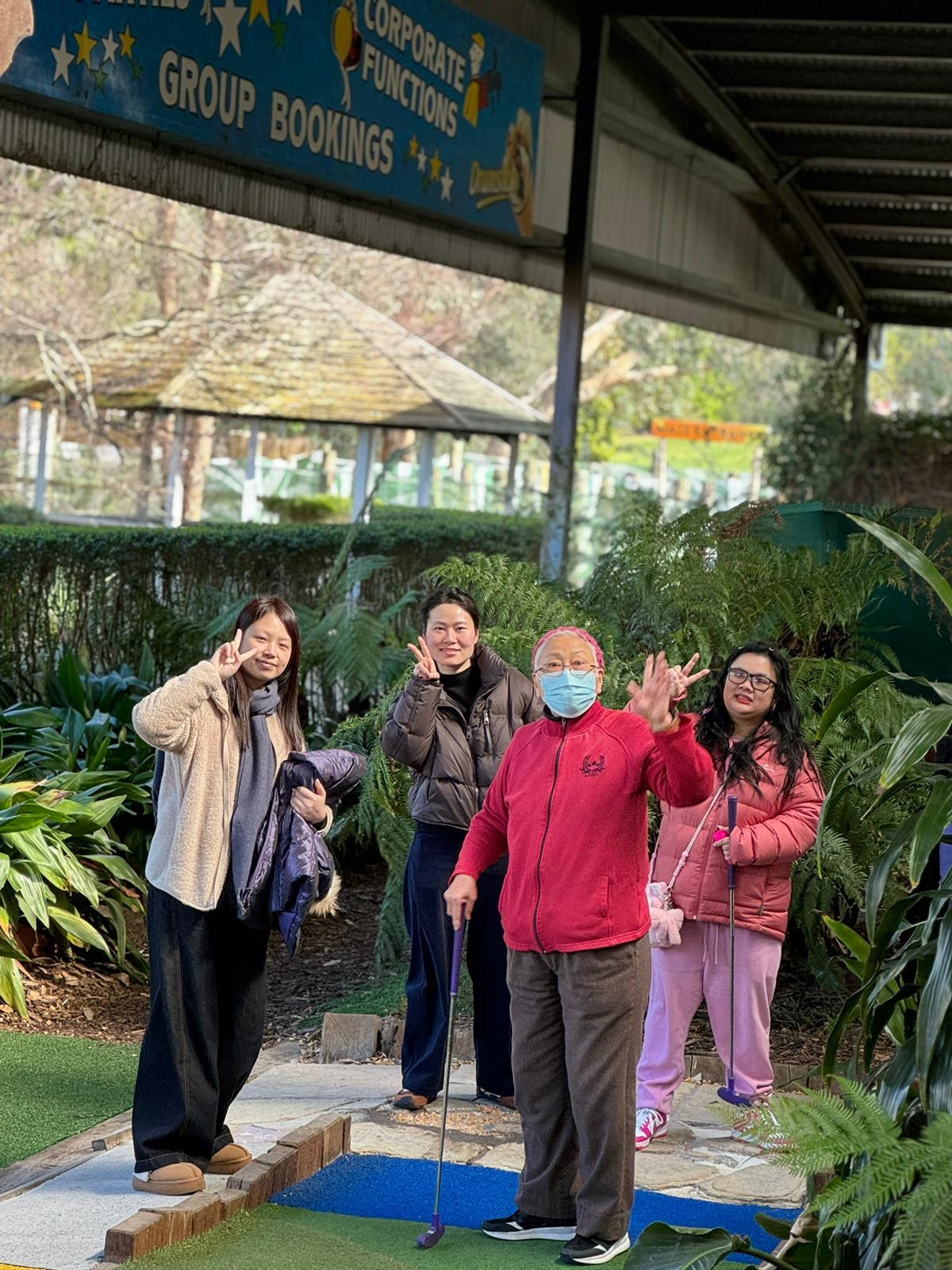When it comes to achieving independence and improving quality of life, Occupational Therapists (OTs) play a vital role within the NDIS. Whether it’s helping participants perform daily activities, recommending assistive technology, or providing strategies for building essential life skills, OTs empower people to live more comfortably and confidently.
If you’re new to the NDIS, you might be wondering: What exactly does an occupational therapist do, and how can they support me or my loved one? Let’s explore their role in detail.
Understanding the Role of an Occupational Therapist
Occupational therapists focus on enabling individuals to participate in everyday activities that are important to them. These activities, known as “occupations,” can include anything from cooking and cleaning to working, studying, or engaging in hobbies.
For NDIS participants, OTs design support strategies tailored to personal goals, challenges, and needs. Their approach is always participant-centered, meaning you remain in control of the decisions while they guide and support you.
Key Areas Where NDIS OTs Provide Support
1. Functional Assessments
One of the core responsibilities of OTs in the NDIS is conducting functional capacity assessments. These assessments help determine:
- What activities a participant can do independently
- What areas require assistance or adjustments
- The most effective supports to help them achieve goals
These reports are often essential for NDIS planning meetings, as they provide evidence to justify support funding.
2. Assistive Technology Recommendations
OTs are trained to assess, prescribe, and recommend assistive technology (AT), which includes tools and equipment that improve daily functioning. Examples include:
- Mobility aids (wheelchairs, walkers, scooters)
- Adaptive kitchen utensils or home modifications
- Communication devices for people with speech difficulties
- Smart home technology for greater independence
The OT will not only recommend the right technology but also train participants and carers on how to use it effectively.
3. Skill-Building and Therapy
Beyond equipment, OTs help participants build the skills they need to manage daily life more independently. This may include:
- Personal care skills (dressing, grooming, hygiene)
- Household management (cooking, cleaning, budgeting)
- Social and community participation skills
- Coping strategies for sensory or emotional challenges
By focusing on skill-building, OTs empower participants to take meaningful steps toward their goals.
4. Environmental Modifications
Sometimes, the key to independence isn’t changing the person’s abilities but changing the environment. OTs assess homes, workplaces, and community settings to recommend modifications such as:
- Installing grab rails or ramps
- Rearranging furniture for wheelchair access
- Adjusting lighting or noise levels for sensory needs
These changes can make environments safer, more accessible, and more comfortable.
5. Support for Families and Carers
OTs don’t just work with participants — they also provide guidance to families and carers. This may include training, advice, and strategies to make caregiving more effective and sustainable, while also supporting the participant’s independence.
Why OTs Are So Valuable in the NDIS
The NDIS focuses on choice, control, and independence. OTs align perfectly with this mission, offering practical solutions to everyday challenges and helping participants achieve their personal goals. Whether it’s moving around safely, managing personal care, or joining social activities, OTs make these milestones more achievable.
An NDIS occupational therapist is more than just a healthcare provider — they’re a partner in your journey toward independence and empowerment. Through functional assessments, assistive technology recommendations, skill-building, and environmental modifications, OTs help participants create meaningful change in their lives.
If you or a loved one would benefit from OT support, talk to your NDIS planner about including occupational therapy in your plan. With the right guidance and tools, everyday tasks can become opportunities for growth, independence, and confidence.
